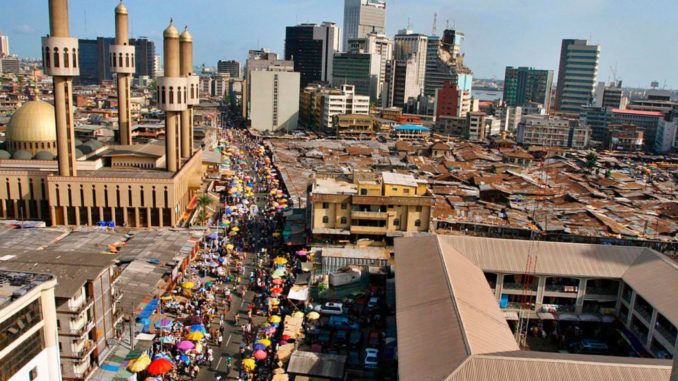
Every human being needs diverse kinds of skills to live a meaningful life. Skills are required both for individuals to live meaningful and successful lives as well as to develop nations.
Unfortunately, many people and countries do not place a lot of emphasis on skills acquisition leading to failures in life, mediocrity and underdevelopment.
In this paper, we argue that skills acquisition is one of the keys to the economic development of a nation. But first, we explicate the concepts of development, economic development, the reality of Nigeria and Delta State, and skill acquisition.
The challenge of development is arguably one of the greatest challenges that has dominated world history.
Human beings have always been concerned about how to improve their condition of living and better confront the forces of nature and the environment.
Over the years, a lot of progress has been made on how to deal with the challenges of development and improve the standard and condition of living of human beings.
It has been well established that every society has the capacity to develop and all societies strive for development. But the concept of development is a very controversial one. We have argued elsewhere that the definitions and interpretations of development are influenced by history, discipline, ideological orientation and training. i Chambers defines development as “good change”. ii This definition envisages that development is synonymous with progress.
This progress should entail an all-encompassing improvement, a process that builds on itself and involve both individuals and social change. iii Kamghampati argues that development requires growth and structural change, some measure of distributive equity, modernization in social and cultural attitudes, a degree of political transformation and stability, an improvement in health and education so that population growth stabilizes, and an increase in urban living and employment. iv In our view, development always involves change that affects various facets of life including economic, social and political spheres.
Sustainable development means that development is achieved without excess environmental degradation, in a way that both protects the rights and opportunities of coming generations and contributes to compatible approaches.v
The past five decades have witnessed monumental changes in the world. Global economic wealth has increased sevenfold and average incomes have tripled.vi Yet, poverty has increased to record high levels.
The major problem is that wealth is concentrated in the hands of a few people while majority of the people live in abject poverty.
The United Nations Development Programme (UNDP) in its 1998 report documented that the three richest people in the world have assets that exceed the combined Gross Domestic Product of the 48 least developed countries.
In 2014, eighty-five richest people in the world had the same wealth as the poorest 50 percent (3.4 billion people). By 2015, 80 richest people have the same wealth as the poorest 50 percent.
In the Organisation for Economic Co-operation and Development (OECD) countries, income inequality is at its highest level in the last fifty years.
The average income of the richest 10 percent of the population is about nine times that of the poorest 10 percent.vii It has been documented that the drivers of inequalities include globalization, skilled biased technological change and changes in countries policy approaches (ascendancy of neo-liberalism).
Over the years, various scholars, organizations and institutions have documented the challenges of development in Nigeria. viiiThe challenges include among other things poor leadership; bad followership; poor strategy for development; lack of capable and effective state and bureaucracy; lack of focus on sectors that will improve the condition of living of citizens such as education, health, agriculture and the building of infrastructure; corruption; undeveloped, irresponsible and parasitic private sector; weak civil society; emasculated labour and student movement and poor execution of policies and programmes.
As a matter of fact, the lived experiences of many Nigerians have turned them to experts on the challenges of Development in Nigeria.
Government have great roles to play in planning for and accelerating the development process. In Nigeria, it has been documented that right from the colonial period, development planning was viewed as a major strategy for achieving economic development and social progress, particularly, in the spheres of socio-economic infrastructures, industralisation, modernization, high rates of economic growth, poverty reduction, and significant improvements in living standards.ix Three plans featured in the pre-independence era for the periods 1946-1956, 1951-1955 and 1955-1962.
Over the 1962-1995 period, three major phases in the planning experience emerged, namely, the fixed medium-term planning phase (1962-1985), policy-oriented planning (1986-1988), and three-year rolling plan phase (1990 till date). x Scholars have pointed out that the golden period of planning on the African continent, 1960s and 1970s, could not be sustained from the 1980s because of two major factors: failure of development planning to meet the high expectations of rapid growth and development; and the resurgence of liberalism and the implementation of short-term stabilization and structural adjustment programmes which are predicated on liberalization and deregulation.
END

Be the first to comment